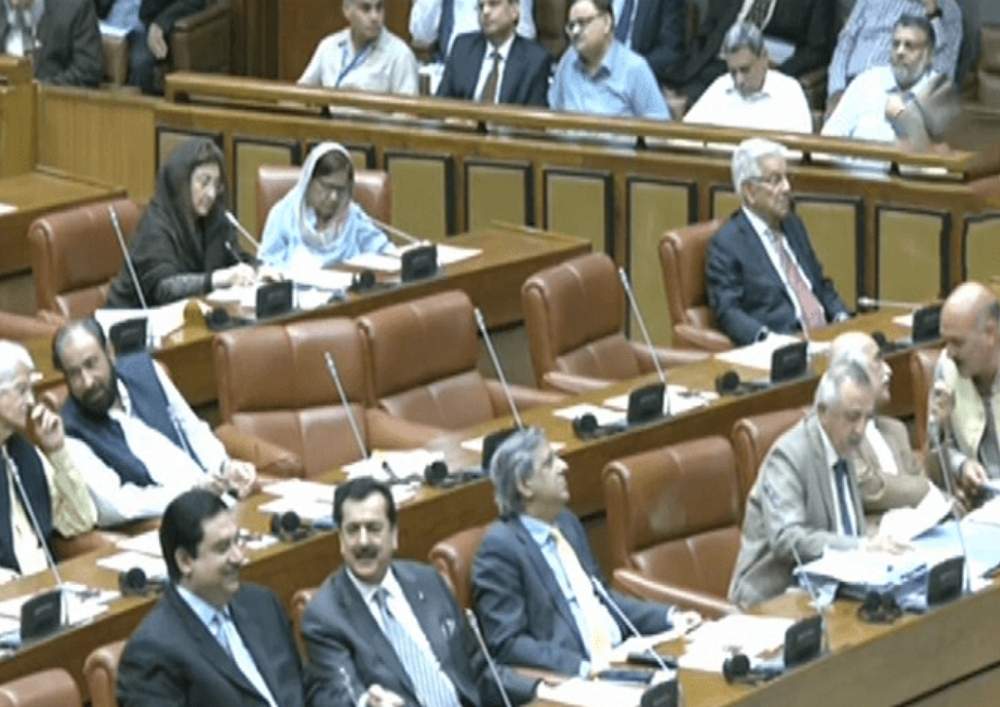ISLAMABAD: In a rapid and controversial legislative move, Pakistan’s National Assembly has approved sweeping amendments to the Pakistan Army Act, 1952, along with similar changes to the Air Force and Navy Acts, bringing them in line with the newly passed 27th Constitutional Amendment. The landmark legislation — cleared within minutes and without open debate — has sparked intense discussions about the growing concentration of power within the country’s defence and governance framework.
According to Law Minister Azam Nazeer Tarar, the changes are intended merely to “harmonise existing laws” with the constitutional reforms, not to introduce new frameworks. However, legal experts and opposition lawmakers argue that the new provisions carry significant implications for Pakistan’s civil-military balance and institutional hierarchy.
Under the revised Army Act, the Chief of Army Staff (COAS) will now also serve as the Chief of Defence Forces (CDF) — a newly created, overarching position that unites command of all three military branches. This change effectively eliminates the long-standing position of Chairman Joint Chiefs of Staff Committee (CJCSC), marking a major structural transformation in the chain of command.
The amendment fixes the tenure of the CDF at five years, with the current army chief’s term restarting upon formal notification. Parallel amendments to the Air Force and Navy Acts establish the post of Commander National Strategic Command (CNSC), with a three-year term that may be extended. The prime minister will appoint the CNSC based on recommendations from the army chief — further intertwining civilian oversight with military leadership.
The speed and secrecy surrounding the bill’s passage have raised eyebrows. Critics contend that such far-reaching legislation — passed in less than ten minutes — demands public debate and parliamentary scrutiny, especially when it reshapes foundational defence structures. Supporters within the government, however, argue that these changes modernise the defence apparatus and align it with evolving strategic needs.
Political observers warn that this legislative overhaul could have lasting consequences for institutional autonomy and democratic governance, as the military’s influence becomes increasingly embedded in the legal framework. The development also follows closely on the heels of the resignations of two Supreme Court judges — further fuelling speculation about a broader shift in Pakistan’s power dynamics.
As the amended laws take effect, the focus now turns to their implementation — and how this historic restructuring will redefine Pakistan’s civil-military relations in the years to come.
This story has been reported by PakTribune. All rights reserved.



